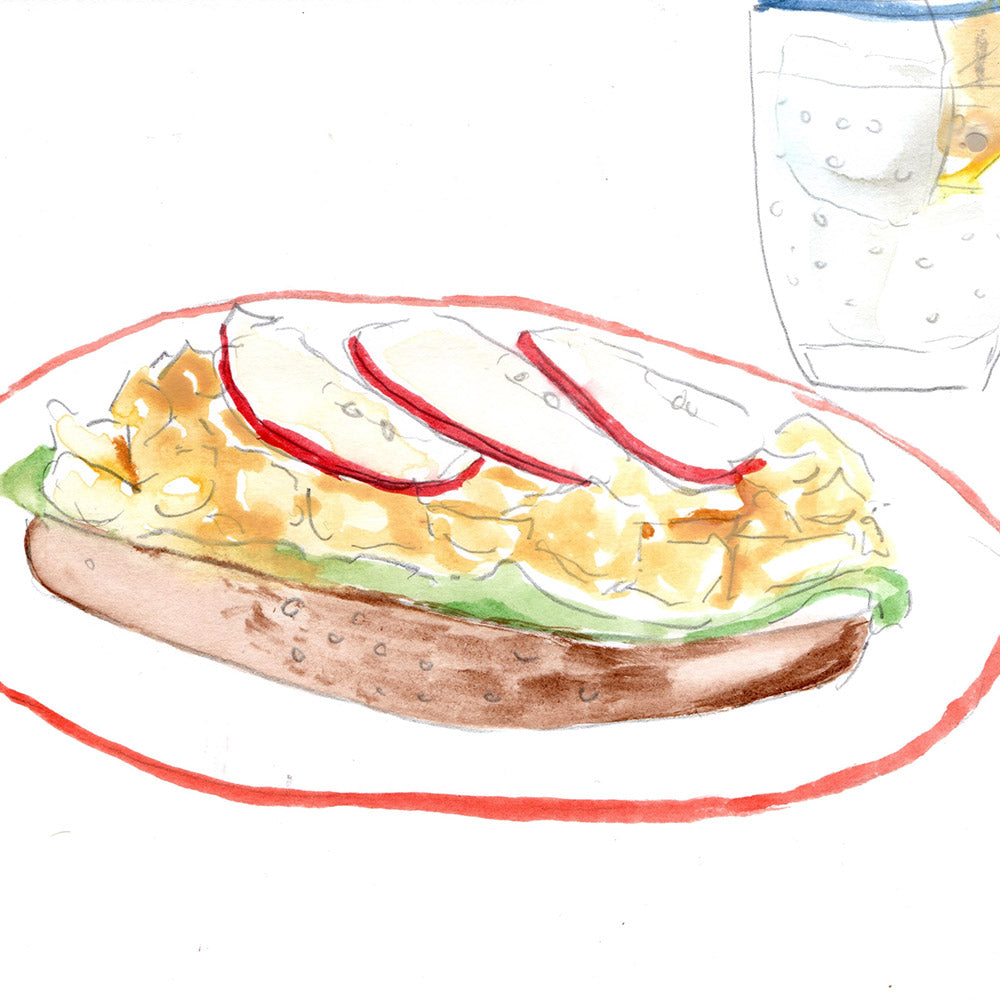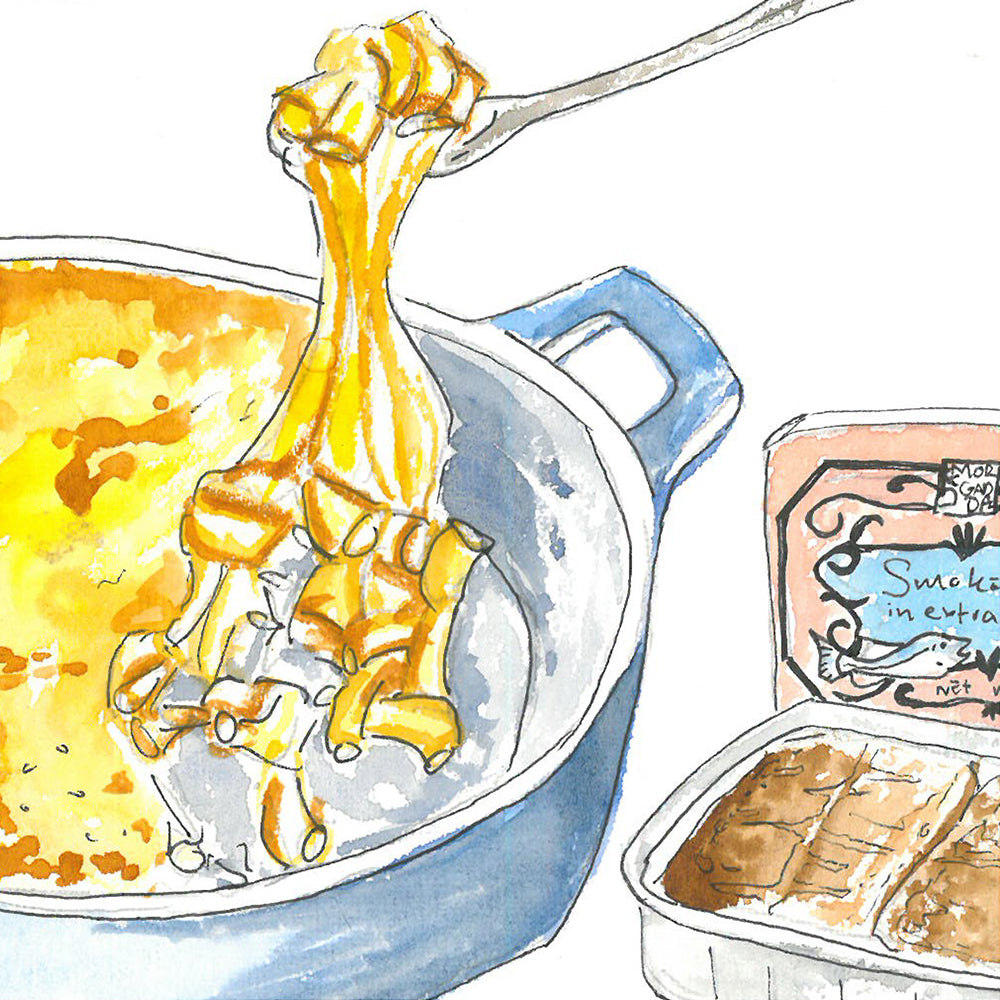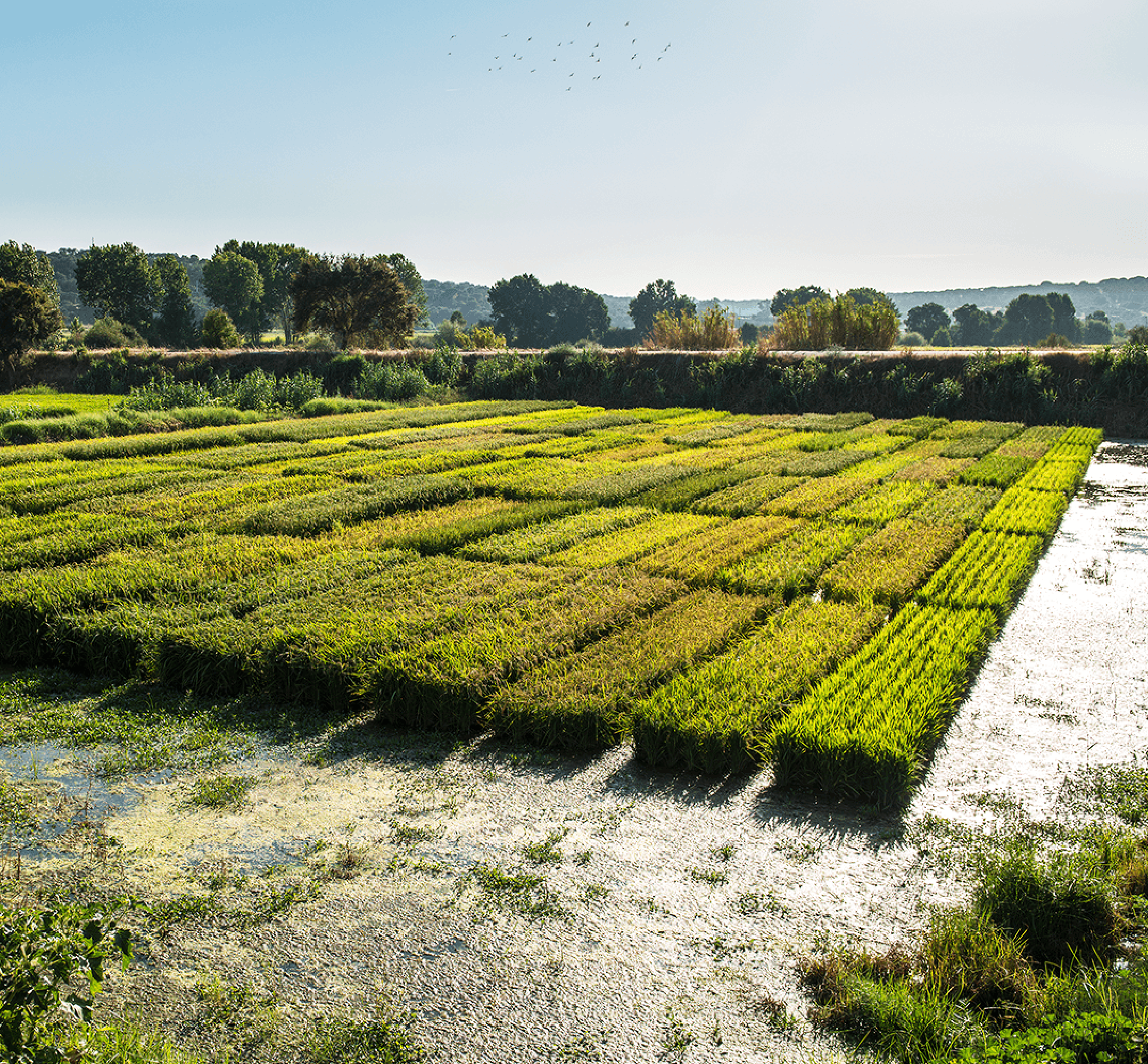The carnation flower is a pretty thing. It is palm-sized, smells sweet and spicy, and its colours usually range from reds, pinks, purples and whites, mirroring a selection of confectionaries behind a sweetshop counter. Its petals, however, have serrated edges and while they give a soft textured look to the bloom, they imply that the carnation can cut.
In Lisbon, 1974, civilians slotted carnation flowers into the guns of soldiers who launched a coup against the Estado Novo dictatorship. This was done as a gesture of unity between the Portuguese people and the coup's forces, and the carnation came to symbolise the unified movement and what had come to be known as Revolução dos Cravos, or The Carnation Revolution. The near-bloodless and public-supported coup led to the toppling of the Estado Novo and eventually established a democratic government in Portugal. Yet - as the serrated carnation might suggest - the revolution's victory came at a high cultural cost.
Portuguese Politics in the 20th Century
Portugal in the early 1900s was riddled with political instability. The country became a republic in 1910 after overthrowing the monarchy, but the substitute government underwent frequent and often radical changes in the century's first quarter. Then in 1926, a military coup occurred and established rule that was to become the Estado Novo regime. This coup came as a reaction to the country's political instability, the inefficacy of the fragile democratic government at the time, and Portugal’s severe economic struggles. Aiming to remedy all three of these, General Gomes da Costa - a regal snow-haired man - led a group of military officers against the democratic government. Despite a few casualties between the coup forces and the occupying government, the coup was considered relatively bloodless and the change in power was accepted. A military junta - led by Da Costa and key figures in the coup - was established and set to work, beginning a five-decade period of military rule.
The junta quickly became authoritarian by systematically dissolving democratic institutions and suppressing political opposition – which theoretically resulted in a natural reduction of political instability – but were less effective in solving the country’s economic issues. The junta became stressed and internally divided, resulting in a new regime known as Ditadura Nacional or the National Dictatorship that was moved further towards traditional authoritarianism rather than military rule. This new party placed António de Oliveira Salazar – maybe Europe’s most affable-looking dictator - in the position of Minister of Finance and granted him the influence to manoeuvre himself into power four years later and establish the Estado Novo. Salazar’s regime lasted until the Carnation Revolution, 42 years later.
Estado Novo & The Portuguese Colonies
The Estado Novo reinforced the authoritarian ethos of its predecessor but it had begun to succeed, in some ways, where the National Dictatorship failed, namely with the Portuguese economy. The Estado Novo had prioritised industrial self-sufficiency by choking imports with high tariffs, it tightened its control on labour groups to maintain exploitative worker conditions, it introduced agricultural reforms that increased productivity, and it had extracted prized resources from its colonies, particularly in Africa. The last two points play a crucial role in the Carnation Revolution and the story of Rice Crafters, which will be explored later. The economic stability so long sought by the Portuguese government had technically come but it was not a unanimous wealth, it benefitting the minority at the cost of the majority. The pressure cooker that was the Salazar regime steadily spread discontent among officials and civilians alike but the fuse that would inevitably lead to the Carnation Revolution was first lit abroad in the form of a war with many names.
The period of 1961-1974 was known as the Overseas War, The War of Liberation, the Portuguese Colonial War, or the Angolan, Guinea-Bissau and Mozambican War of Independence. Dissent had been building in the former colonies for some time since the withdrawal of most other European nations during the 50s and 60s. These tensions were exacerbated by the Estado Novo’s fierce grip on the colonies’ resources, and in the 60s many armed forces became active throughout the African territories, resulting in widespread conflict and atrocities between the Independence forces and the stationed Portuguese military and their bands of various militia groups. Portuguese relations with the ‘Western bloc’ countries – US, UK, France, West Germany etc – rapidly frayed as some of Portugal's guerrilla militia were supported by 'Eastern Bloc' states and the Soviet Union. This resulted in heavy embargoes and sanctions that further diminished the limping Portuguese economy.
Discontent spread throughout the Portuguese military not solely because of the seemingly unceasing 13-year war but also because of military policies implemented by the Estado Novo. Salazar suffered a stroke in 1968 and was replaced by Marcelo Caetano who immediately began to reshape policies within the party. Despite being a hard-line far-right government, Caetano had begun to rekindle elements of democratic politics including freedom of the press and universal pensions. Caetano had also proposed a reduction in the military budget and military reform, which included a particularly egregious possibility in which civilian militia could be granted the same rank as military graduates after a training period that was a fraction of the academy’s. While seemingly innocuous and likely unnoticed by anyone outside of the military, this was the spark within the borders of Portugal that led to the Carnation Revolution as it flocked military members, young and old, to back a new political party: the MFA.
The MFA and the Carnation Revolution
By 1974 it had seemed like everyone opposed the Estado Novo regime. A large portion of Portuguese civilians - urban and rural alike - had long been starved of money, the Portuguese colonies were oppressed to the point of open war, and the highly influential Western Bloc states stressed Portugal’s economy due to their Eastern Bloc affiliations. Even the Estado Novo’s political elite and military resented the new democratic notions of Caetano’s governance. And so, galvanised by over a decade of colonial war and a lack of military backpay, a group of Portuguese captains formed the Movimento das Forças Armadas, or the MFA, translating as the Armed Forces Movement, in the early 1970s. After a couple of years of quietly gaining support, the MFA instigated a coup on April 25th, 1974 that would come to be known as the Carnation Revolution.
This coup consisted of a small group of military officers who were ordered to take control of strategic points all over Portugal when given a fairly unorthodox signal. Whenever Portugal's 1974 Eurovision song entry – E Depois do Adeus by Paulo de Carvalho - was played on the radio during the days leading up to the coup, the MFA’s forces were to ready themselves for action. If that song was followed by another specific song - Grândola, Vila Morena by Zeca Afonso – then the coup was confirmed and all MFA members were to execute their orders.
While the MFA announced the coup on public radio and pleaded for civilians to remain at home for their safety, the coup was met with the near-unanimous support of the Portuguese public. And while there were some scenes of violence – four civilians were shot dead by government forces – the coup that lasted six hours was categorised by scenes of camaraderie between the people and the MFA, with one great symbol uniting the revolution – the carnation flower. The origins of the symbol were believed to have come as a result of the Lisbon Flower Market being a strategic point for the coup, in which the in-season carnations decorated the area like little petalled fireworks. A supposed catalyst to the symbology of the carnation came from a restaurant worker named Celeste Caeiro - whose restaurant closed after the announcement of the coup - who gathered up bouquets of carnations from the flower market and gifted them to civilians and MFA soldiers alike.
The Fallout
Caetano’s government surrendered within six hours and the period that followed mirrored the political instability of the early twentieth century. Another junta – the National Salvation Junta - was put in power and multiple coups and counter-coups were attempted from political factions within and without the MFA on all sides of the political spectrum. Then on April 25th 1975, one year following the revolution, Portugal’s first free election was held to replace the Estado Novo constitution from 1933, and the following year Portugal’s first constitutional government was democratically elected, beginning a new era of democracy that divested Portugal from its former colonies and achieved civil rights for the Portuguese people.
However, despite the achievement of personal freedoms and democracy – what many would consider a happy ending - Portugal continued to undergo an incredibly turbulent time, particularly in the agriculture sector. From April 1974 to December 1975, 2.2 million acres were estimated to have been seized on behalf of the new government. These seizures were an attempt at industrial reform to address the social and economic austerity throughout the country, particularly in rural areas. While this reform was aimed at reclaiming land from absentee landlords or wasted agricultural territory, it was frequently the case that the seizures didn’t discriminate, and family-owned farms were seized by the handful of workers who had worked in tandem with the families for years. After this reform had settled and political stability was ushered into the Portuguese government, it was deemed that over 30% of these land seizures were illegal. This ruling began a long and painful process for the rightful owners of these farms to reclaim them.
Rice Crafters
The town of Alcácer do Sal runs alongside the Sado River, an hour southeast of Lisbon. Some of its streets and buildings sit on uneven ground, bulbing up and down and around the central citadel at the top of the town's hill that was once a fortress for the Roman Empire. The town's terracotta tiled roofs are classically Mediterranean and the entire place has the atmosphere of a sleepy seaside settlement that cares not for time. This is the area that Rice Crafters call home, and the sprawling patches of green across the Sado and away into the horizon are where they grow and collect their rice. However, during that turbulent period following the Carnation Revolution, these patties were left to grow wild, untended by the workers who seized the farm from the Nuncio family. The Nuncio’s had owned and tended to these rice fields for five generations and steadily expanded their land to a modest size, becoming a social and agricultural pillar for Alcácer do Sal and its greater area.
Filipe Nuncio sits in his office on a video call with me. I’ve talked to him many times and have even visited him and the Rice Crafters farm once. He is a tall and long-faced man with a rousing charisma that reminds me of a small-town politician that I'd inevitably end up liking even if I disagreed with him. The first thing I noticed about him - and a quality that gets reiterated every time we speak - is his passion and love for agriculture, his local municipality and Portugal as a whole. With anything related to Alcácer do Sal, the Rice Crafters business, or his country, he sets a detailed historical and sociological context for why things are the way they are. The subjects in which he does this can range from rice varietals to music; and of course the Carnation Revolution.
On this particular call, he tells me about the salt industry back during the Roman Empire and how it was not particularly economically successful for the area. He does this to establish the the economic situation of Portugal as a whole which led to the dissolution of the monarchy and then the Estado Novo. Finally, we land on the Carnation Revolution, which he simply calls the political revolution, and sets a harsher context than the history books provide.
‘Much of the land and big property in Portugal was also stolen by the new communist government until the constitution was finally changed. After the land was returned, so much of it was completely destroyed. Why? Because the Communist Party [the MFA and National Salvation Junta] offered those lands to their supporters as payment for their support.
It should be noted that the MFA and the National Salvation Junta that ruled in that period were not explicitly communist. They had a range of political ideologies across the board - something that resulted in much of the aforementioned political instability - yet it can’t be denied that the land reform policies and their consequences were largely of a communist rhetoric.
Filipe and I discuss the damages that can happen when society changes too abruptly, and I confess to Filipe that I – an admittedly semi-idealistic left-leaning person – can lose sight of the harm that can come from implementing that idealism on a large scale. I privately wonder if the benefits of Portugal's rapid democracy outweigh its costs. Because escaping authoritarianism - to me - seems like it would be worth a high price, and in the case of Portugal, now likely doing far better economically than ever, I coldly consider an economist's stance that these radical land seizures were what built modern Portugal. However, Filipe, then says he thinks the opposite, that Portugal is decades behind what it could have been if not for the land seizures.
I ask him if he remembers what the atmosphere of the revolution or the years following it were like. He replies that being four years old at the time of the coup, he can’t remember much of it nor the subsequent fallout years. But he then tells me a fiercely formative memory from his seventeenth year that I attribute – in my armchair psychologist way – to his passion for Rice Crafters and Portuguese agriculture.
‘We were always trying to fight back, to have the farm returned. But you have to remember that at that time, we didn't have the EU court of law, we couldn’t appeal to any higher authority outside of Portugal. In the beginning, any lawyer we asked said that while the new constitution remains there is no way of reclaiming our lands. And we tried everything, met all kinds of people in all kinds of sectors – farming, banking, industry – to try and find a way to get them back… I remember being in the car of my grandfather, he was about 80 years old… And I saw him crying, looking out the window, left and right, like a baby... And that touched me a lot… And made me think that once I got these lands back with my family, I would fight with everything that I had to make it so beautiful - even more beautiful and more productive than it was in the hands of my grandfather, to make him and my father proud.
And that time came. When I was 17 we were given our lands back and I went with my father, my brothers and some police to our farm. We didn't know if it was necessary to protect my father from those who were occupying the farm or house. But we had to make the squatters leave, which was a stressful process, even with the police… And I will remember, all my life, the people that my family supported and fed for generations, who at the first opportunity betrayed us. And to put those people out of our home… it was a day of justice.’
A View of Fields
I had first heard the teasing details of this tumultuous history when I had visited Filipe and his farm. Their set-up was modest, with a couple of small barn-like warehouses that processed the rice they had harvested from the fields the month before. They had that quaint sun-split aesthetic all around their property, every wall charmingly chipped at and worn down by the Portuguese climate. He and I stood overlooking one of the rice fields, lined with rows upon rows where rice had once been. This rolling patch was bordered by a line of young trees, maybe a kilometre from the dirt road we stood on.
He was talking tangentially about the slow process of specialising one rice paddy with one varietal when he muttered ‘It was a long time before we got these fields back after the revolution.’ His tone was melancholy and distracted but before I could ask him to elaborate he quickly grew giddy and pointed at the row of trees.
‘But we are growing pine nuts!’ he exclaimed and he rambled about that particular set of trees and the high quality of Portugal's pine nuts and on and on, an excitable love of the land that galvanised him like a child on a birthday. In hindsight, I wonder if there was a space, somewhere on the Nuncio farm, where carnations grew among the grain.






